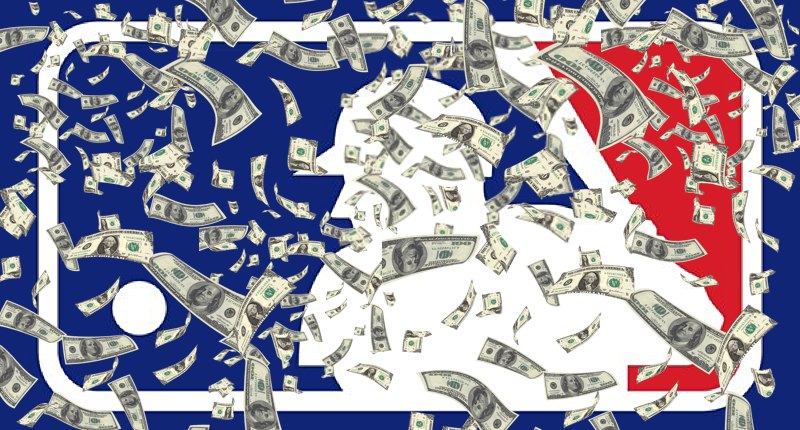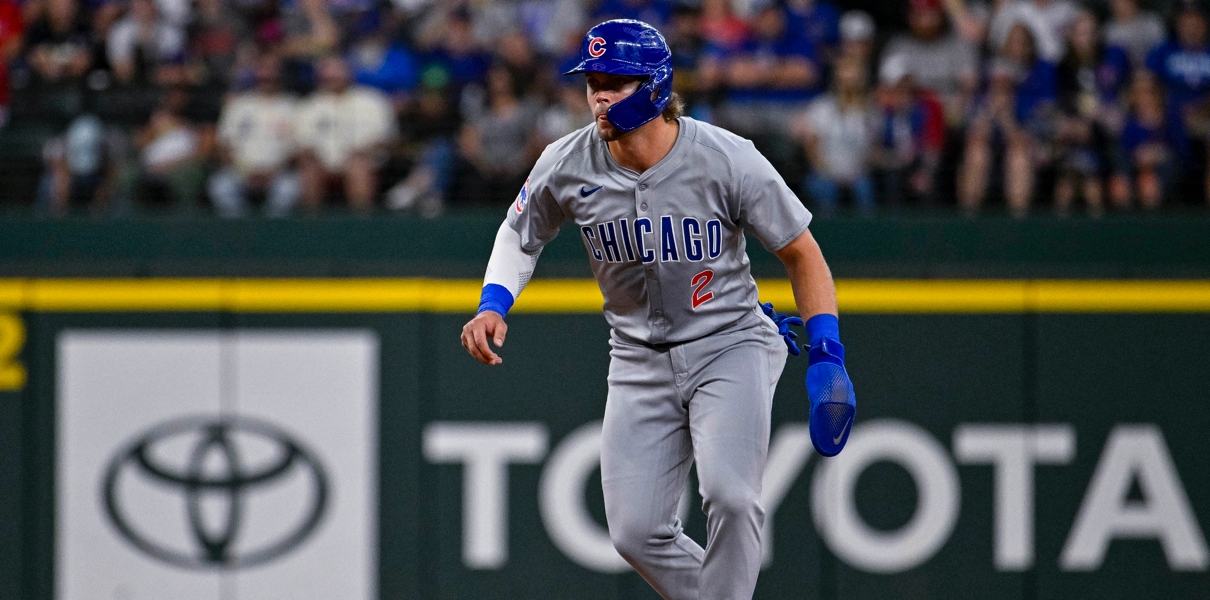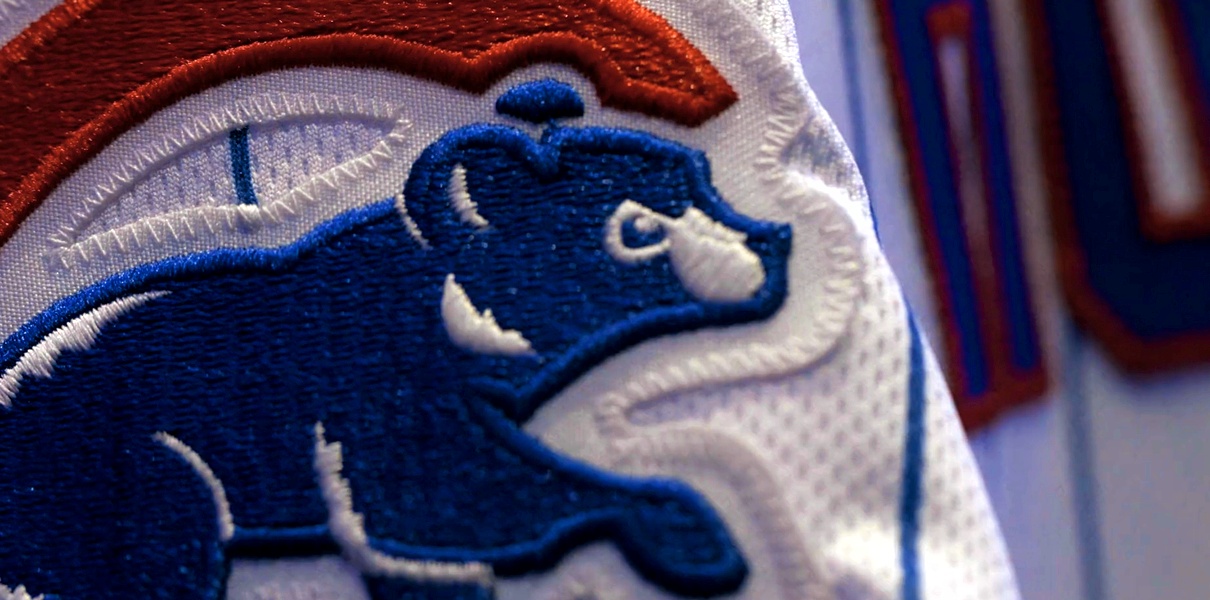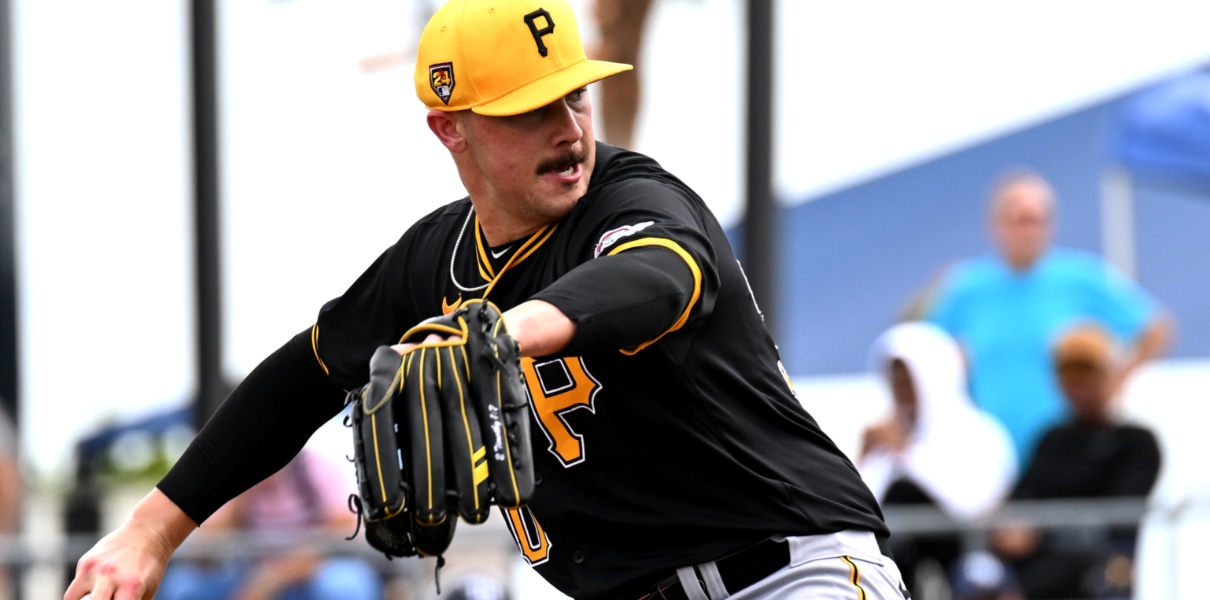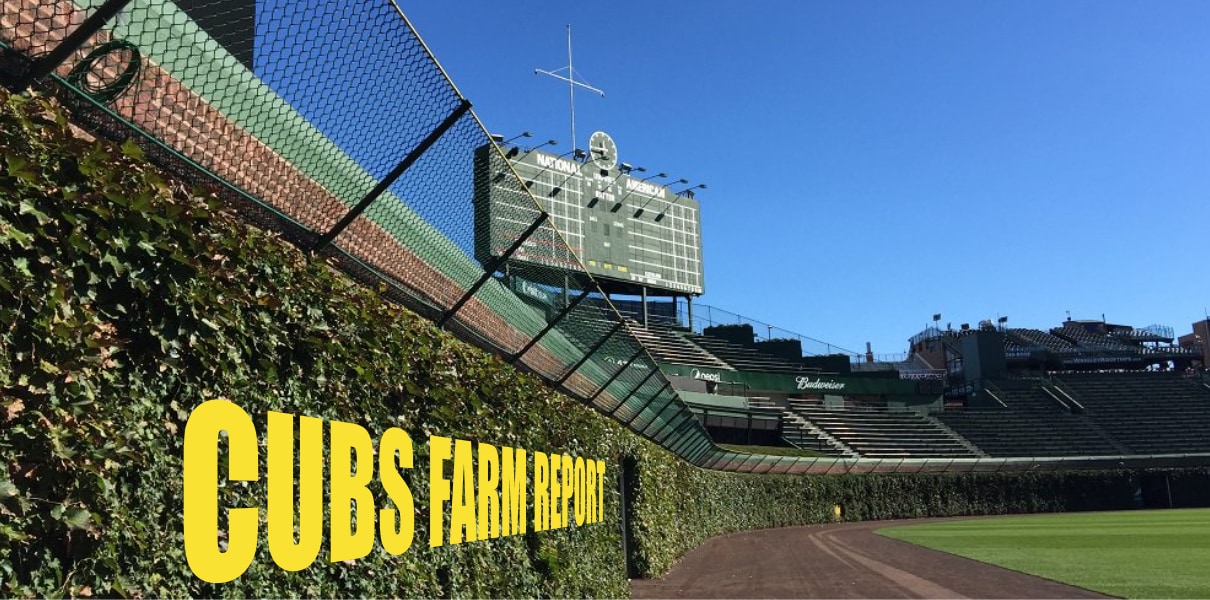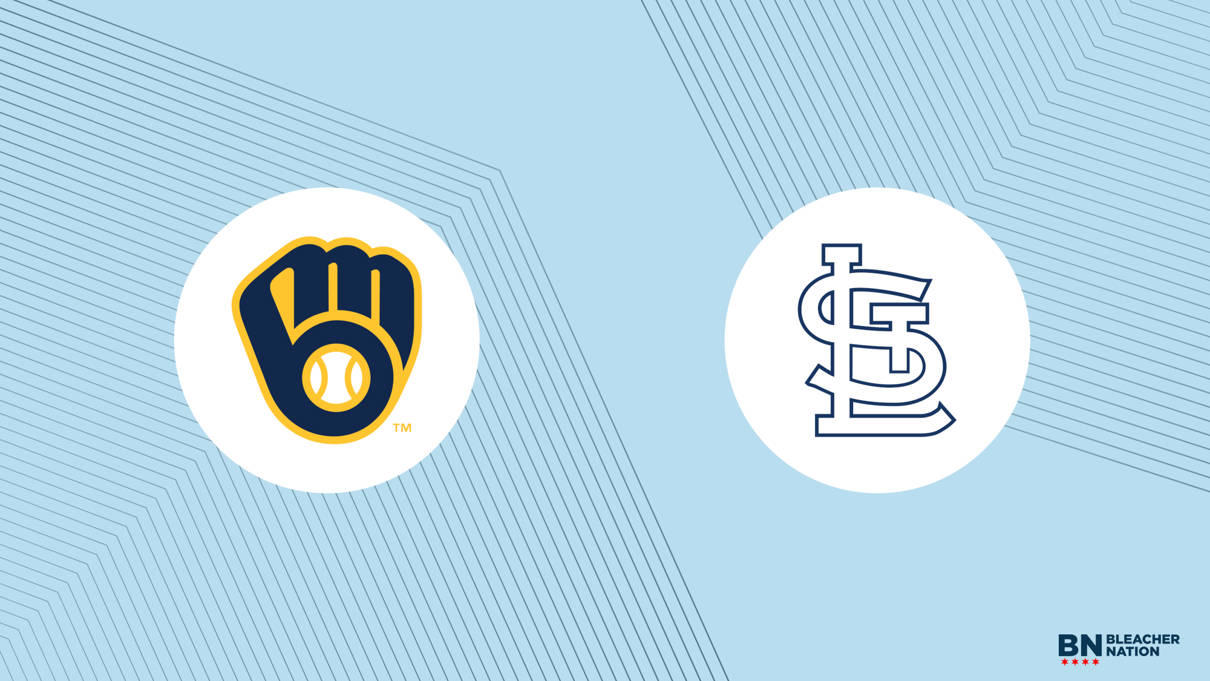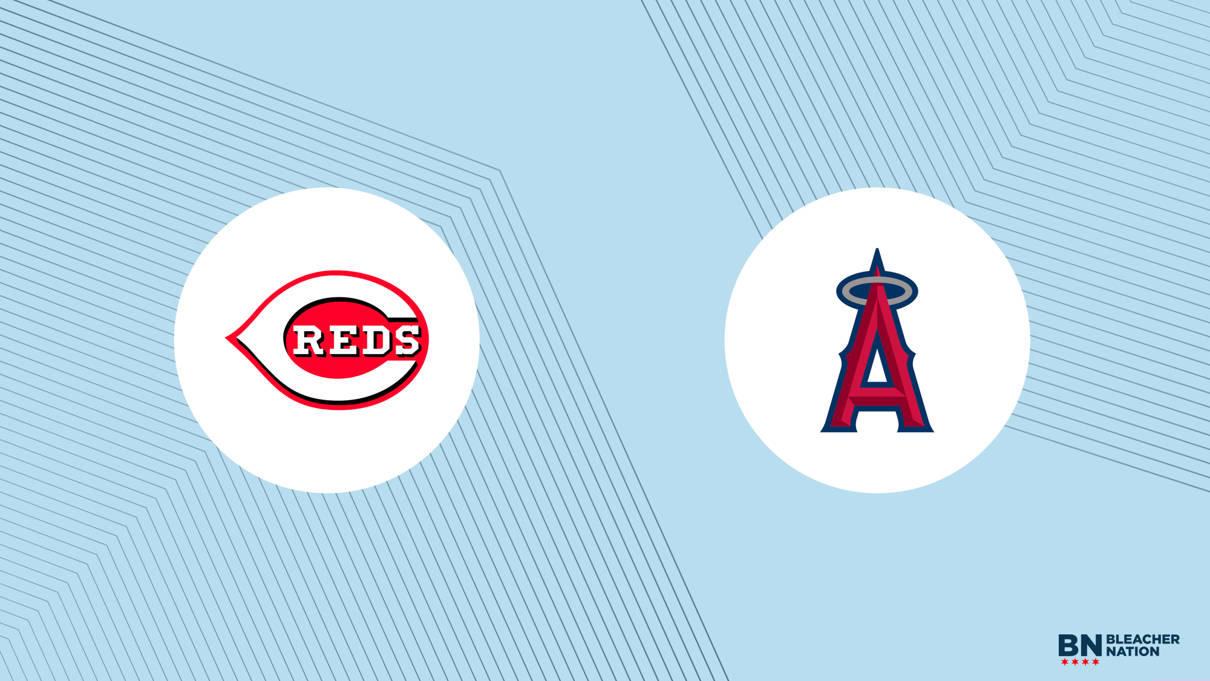We are now one week away from the expiration of the Collective Bargaining Agreement between Major League Baseball’s owners and players. Without an agreement in place, there is no formal relationship between the parties, and, effectively, no baseball. It’s been a very long time since we came to this place, a week before the CBA’s expiration, feeling like there was little chance a deal would be reached in time. But here we are, all supremely confident that, this time around, the CBA is going to expire.
Not only that, but we’re also supremely confident that as soon as it expires, the owners are going to impose a lockout on the players, shutting down the whole of big league baseball until a deal is reached. A deal that, realistically, won’t come until after the flip of the calendar.
It’s going to suck.
With one week of labor peace to go, and negotiations (theoretically) going on constantly behind the scenes, I thought it was interesting to see this bit from an MLB Players Association memo of sorts, which was sent to its players and their agents. As reported by Ken Rosenthal and Evan Drellich, the memo lays out the four “key bargaining priorities” for the players this time around, and it underscores what the union believes is most important this week (and in however many weeks of negotiating lie ahead). Useful to keep in mind.
There are many fault lines for the players and owners. The latter generally want to keep salaries down and preserve overall interest in the sport (while adding to the postseason and possibly expanding into new markets). The former generally want a bigger piece of the pie, a better distribution of the money players are getting, and more spending by teams receiving revenue-sharing dollars. To that end, the aforementioned four key bargaining priorities, according to the MLBPA:
Incentivizing competition
We continue to see Clubs openly choosing a model of sustained losing while still reaping economic benefit. Winning at all levels needs to have value, or our system doesn’t work.
Ensuring the most talented players are on the field
Our game is at its best when the best Players are on the field, regardless of age, experience, or service time. Clubs continue to keep the best Players off the field, simply to manipulate service time. This fundamentally damages the integrity of the sport.
Reducing artificial restraints on competition
Restrictions like the Competitive Balance Tax (CBT) and Draft Pick Compensation continue to affect how Clubs compete for Players and provide convenient excuses for Clubs to justify their lack of competitiveness. These artificial drags on Player compensation must be addressed.
Getting players their value earlier in their career
For decades, our reserve system has been separated into three main groups: pre-arbitration players who make near the minimum salary; players eligible for salary arbitration; and free agents. Recent industry trends show that more and more on-field value is being created by younger players whose salaries are artificially suppressed by the reserve system. The system needs to be modernized so that players can be compensated for the value they create, WHEN THEY CREATE IT.
You can see those priorities reflected in the reported requests from players over the course of the CBA negotiations. Reports have indicated that players are looking for a reduction in the length of service time needed for free agency and for arbitration, as well as a pay increase for pre-arbitration players. Moreover, the players have sought changes to the structure of the draft (and draft pick compensation), theoretically improving incentives to compete (and spend). With the caveate that I haven’t ACTUALLY SEEN the wording of the proposals so there’s always a chance that the reporting is askew, if accurate, these don’t seem like unreasonable requests to me.
Although a lot of other stuff is being negotiated – the universal DH, the pitch clock, health and safety, travel, etc. – these core economic issues are what is really at the heart of the CBA fight. Until the owners adjust from proposals that don’t really make sense (lowering the luxury tax? changing free agency to 29.5 years old?), it’s going to be hard to bridge the significant gap.
Then again, that’s part of why we know a lockout is coming, and was always coming. The owners don’t want to be the ones to blink, and in recent CBAs past, they haven’t had to be the ones to blink. Which is probably what has increased the players’ resolve this time around, and ensured the first interruption of labor peace in over 27 years.



